Before I begin, dear reader, I have to preface what I’m about to say with a disclaimer that I am a huge Neil Young fan, so I don’t take lightly the fact that I think I just found the best version of “Southern Man,” and it ain’t Mr. Young.
Videos by American Songwriter
Young’s 1970 track from After the Gold Rush is a pivotal pop culture milestone in its own right. Not only did the Canadian singer-songwriter manage to capture the rampant racial unrest happening throughout the States, particularly in the South. But the song also spurred a “feud” between Young and Lynyrd Skynyrd, which, of course, led to the latter band’s “Sweet Home Alabama.” I hope Mr. Young will remember, Ronnie Van Zandt not so subtly jabbed, that a southern man don’t need him around anyhow.
From its powerful guitar tones to impassioned background vocals, Young’s “Southern Man” is an emotionally moving folk-rock protest against racial injustices. Nevertheless, it’s not the best version.
The Best Version Of “Southern Man” By Neil Young
I won’t keep you waiting: the best version of Neil Young’s “Southern Man” is a 1971 cover by Merry Clayton. Sound familiar? She should. Clayton is the woman behind the stunning vocals on the Rolling Stones’ “Gimme Shelter.” The prolific background vocalist released a solo album in 1971 that featured her soulful renditions of tunes by Young, Carole King, Leon Russell, Billy Preston, Bill Withers, and James Taylor, among others. It’s an impressive tracklist, and Clayton knocks it out of the park.
One of the most obvious differences between Merry Clayton and Neil Young’s version of “Southern Man” is the perspective from which each singer delivers the cutting lyrics. Young wrote his song as a Canadian visiting the Deep South. He was, for all intents and purposes, observing this history as an outsider. As a Black woman, Clayton was experiencing those racial injustices firsthand. Young was singing about her lineage. Who better to demand reparations and accountability for Southern racism than a Black woman?
That connection certainly wasn’t lost on Clayton. “Lou [Adler, producer] and Curtis [Amy, saxophonist and Clayton’s husband] presented “Southern Man” to me,” Clayton told AV Club in 2013. “I listened to it and said, ‘Oh, that’s interesting.’ Then, I read the lyrics, and it was during those terrible racial times in the United States. Dr. King had just been killed. Our leader was gone. It was a highly racial time, not just for Black people but for everybody in the world. We had the Vietnam War going on at the time. Our boys were going to war and being killed. People were dying in the street. The police were kicking everybody’s behind. Southern change gonna come at last, now your crosses are burning fast, that’s all I had to read honey. I was in.”
Merry Clayton Used The Song As Her Form Of Protest
Neil Young’s “Southern Man” is among the ranks of other non-American protest songs about the United States, similar to his friend and colleague Joni Mitchell’s 1969 song, “The Fiddle and the Drum.” These outsider perspectives lent an interesting voice to the ongoing problem of racism and misogyny in the States, particularly in a time as turbulent as the 1960s and ‘70s. And while allyship is certainly a critical component of social change, the oppressed deserve to be at the heart of the these protests. Merry Clayton’s version of “Southern Man” did just that.
“My family is part Creole, and we’re Indian, and we’re also very, very Black,” Clayton told AV Club. “We knew about the Southern situations. I knew all the history [of slavery] because my father and my parents would tell us. We’d sit around on Saturday and get birthed on the history of Black people. But this “Southern Man” thing was a time in my life where a lot of my family and a lot of people were able to picket and say no to things that were going on. I didn’t think I had the platform to do that. As it turned out, I had the biggest platform there was through the music. So, my music became my protest.”
And indeed, the emotional power behind Clayton’s performance is evident. Featuring the same impassioned grit and soul as her feature on the Rolling Stones’ “Gimme Shelter,” Clayton put greater weight behind lyrics like, I saw cotton and I saw black, tall white mansions and little shacks. Southern man, when will you pay them back? I heard screaming and bullwhips cracking, how long? How long?
Instant goosebumps. Do yourself a favor and listen.
Photo by Gary Gershoff/Getty Images

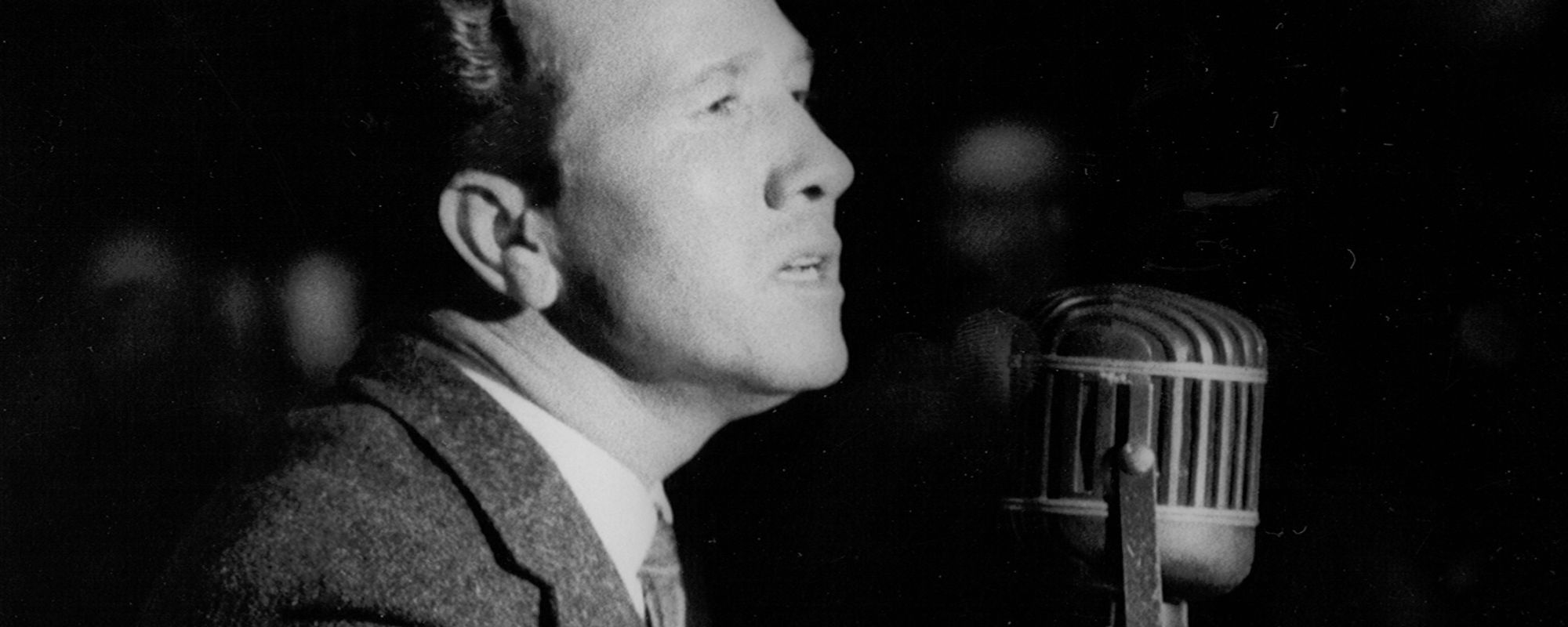
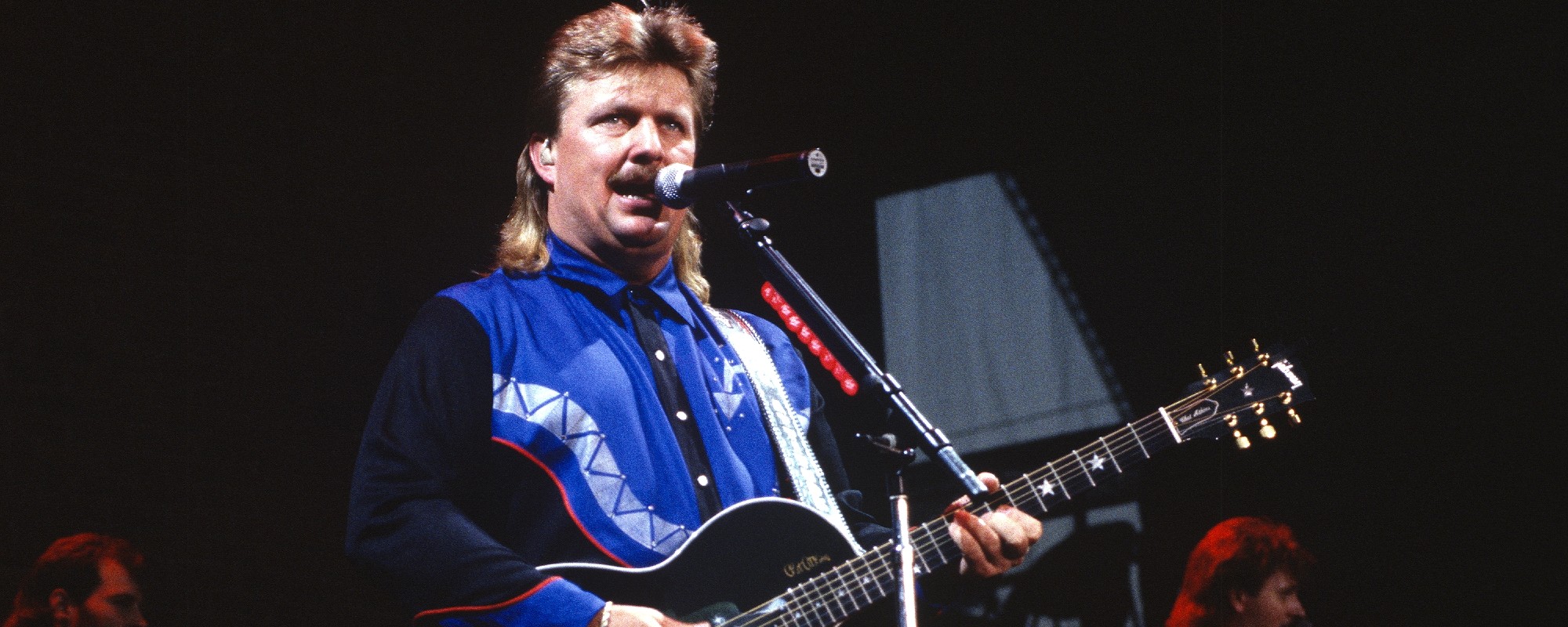

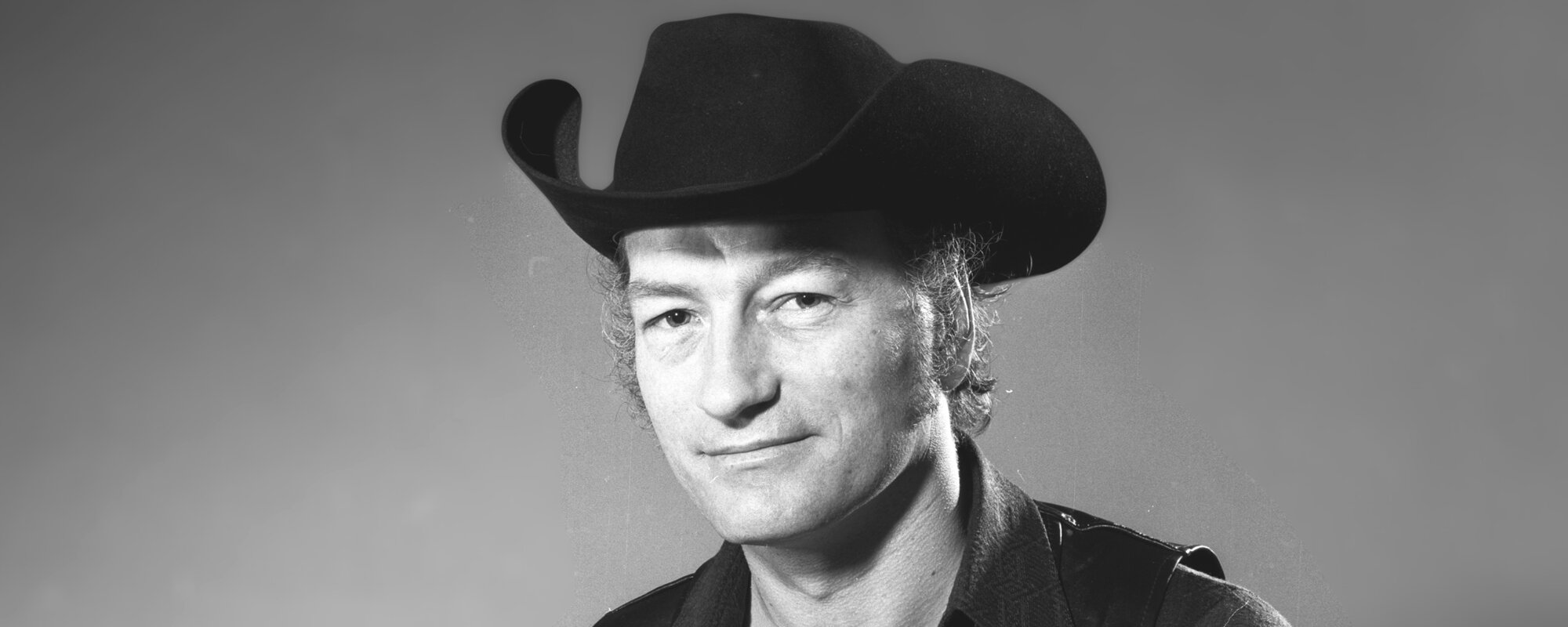
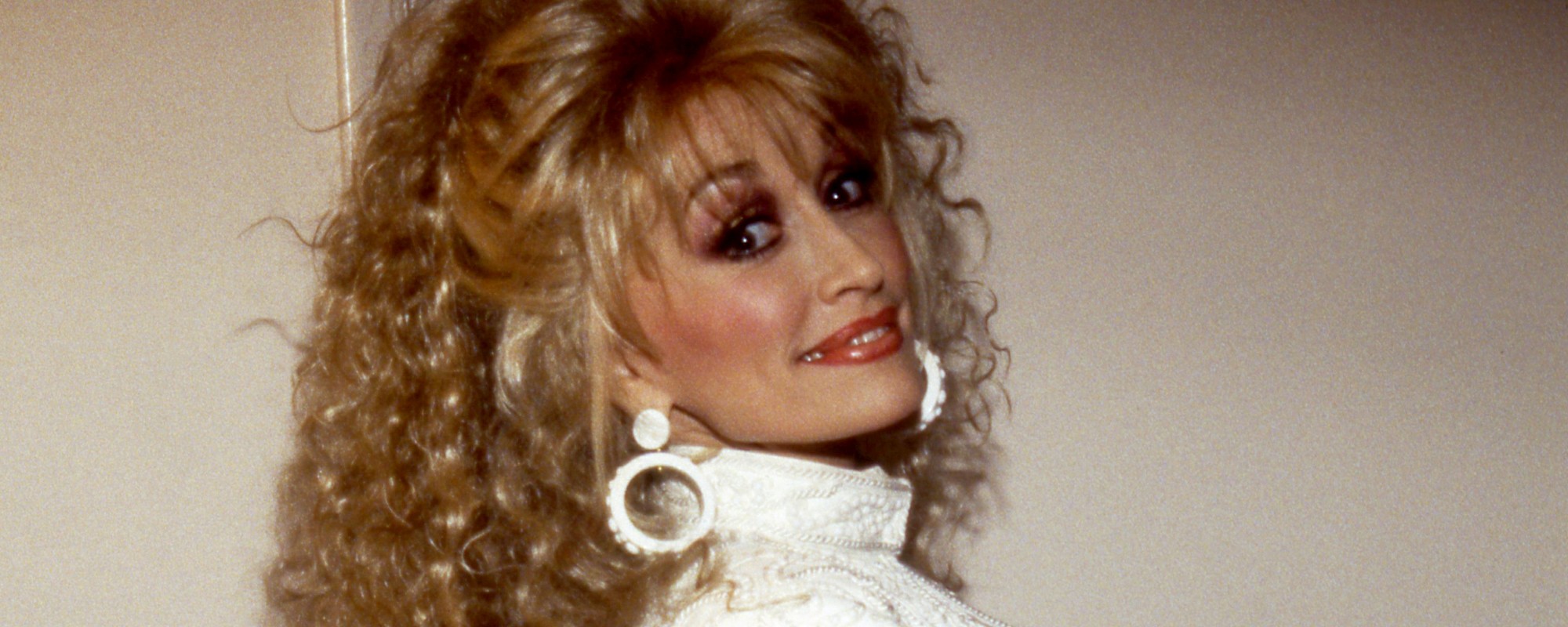
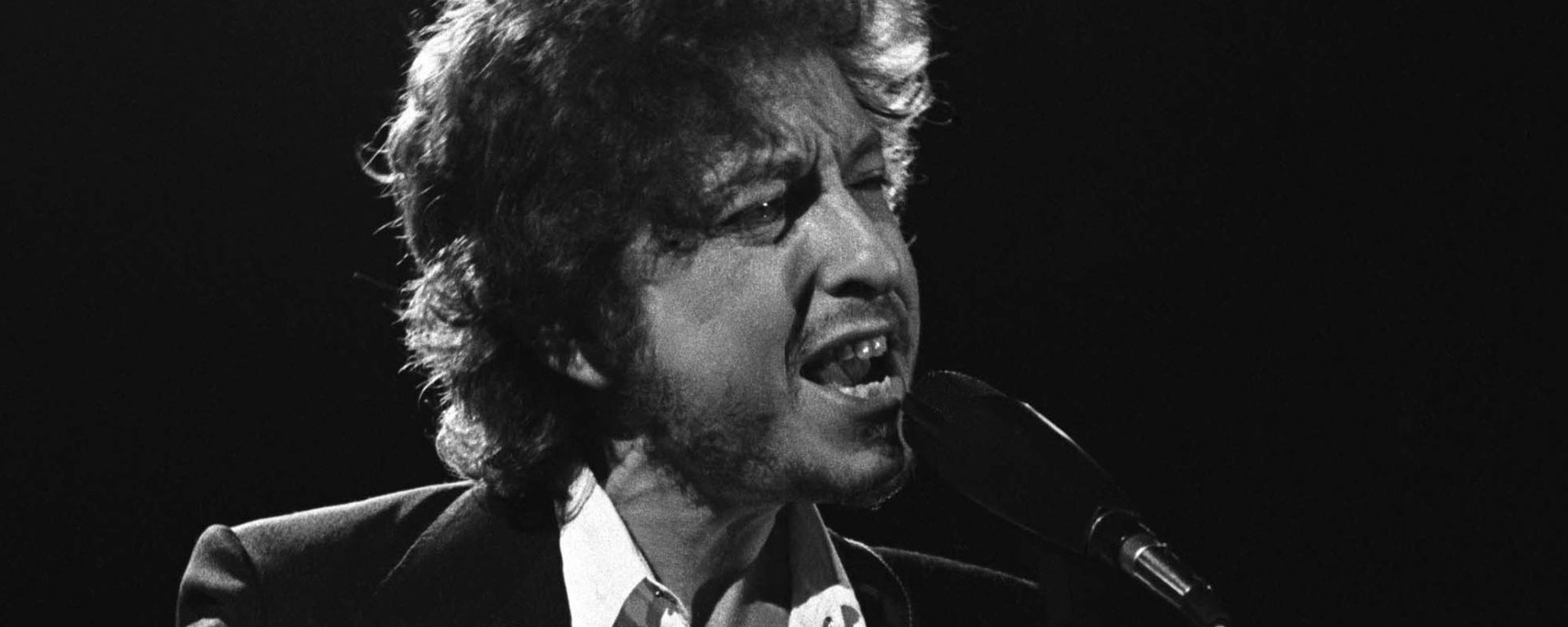
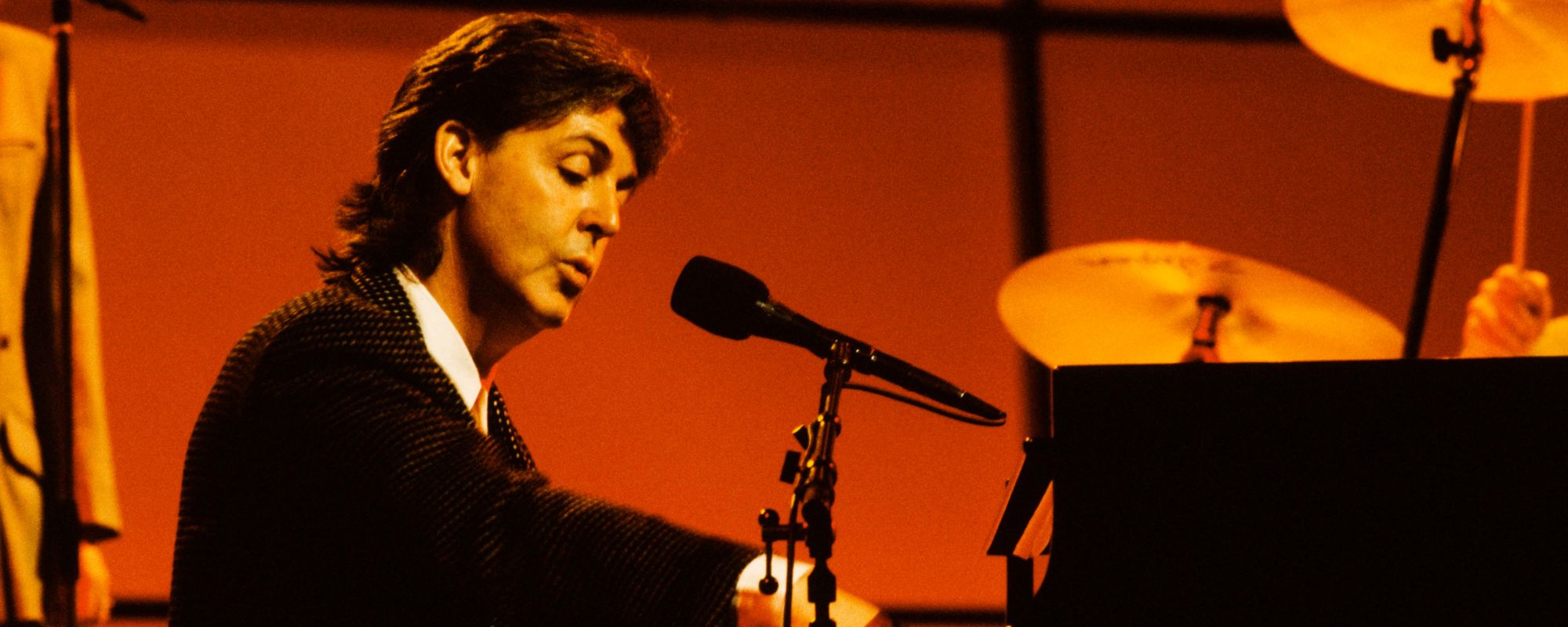


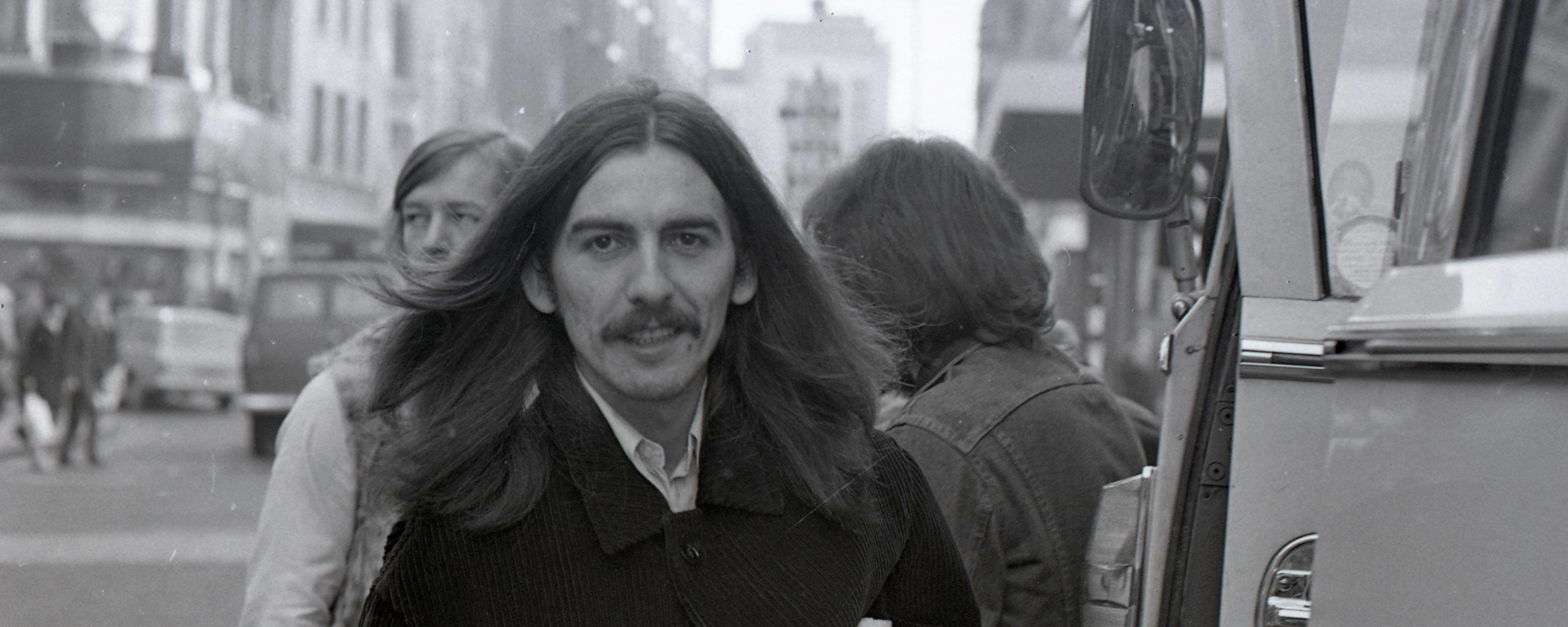
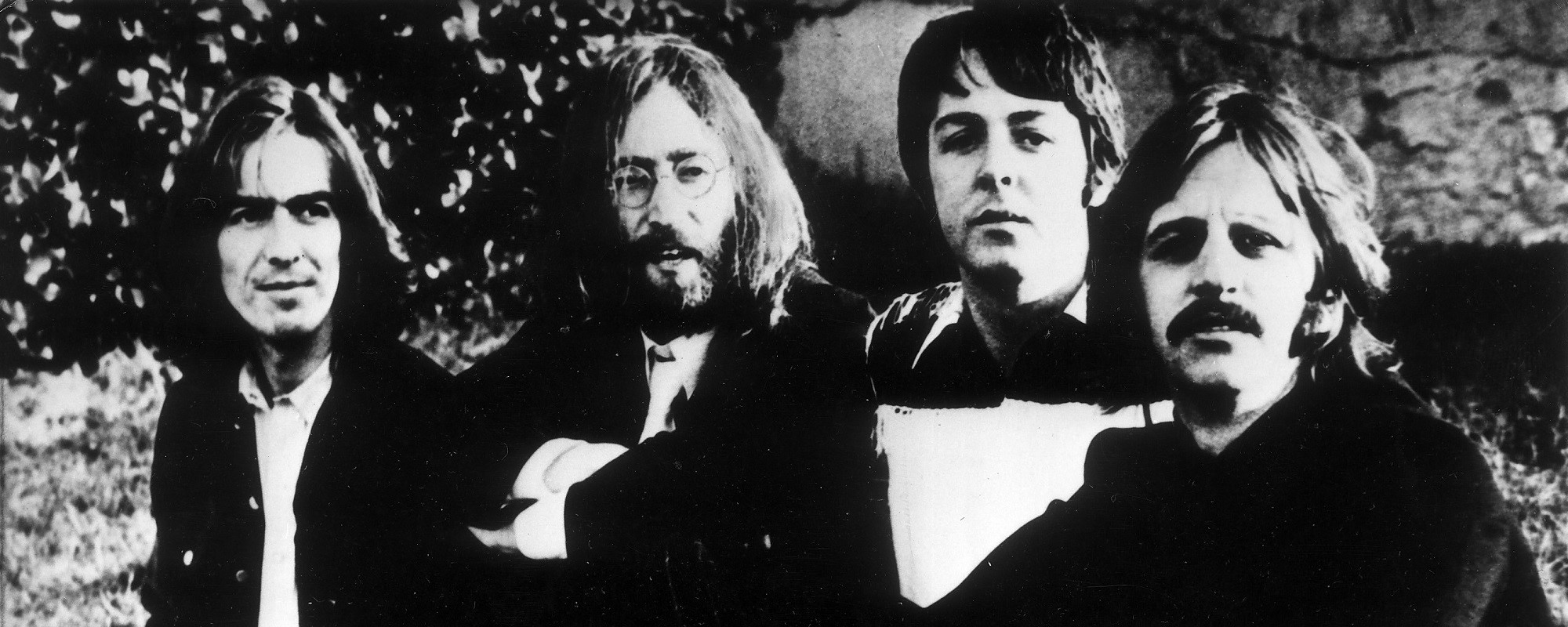
Leave a Reply
Only members can comment. Become a member. Already a member? Log in.